At Young Academics, we believe that strong partnerships between families and educators are fundamental to a child’s early learning journey. We prioritise open, consistent, and transparent communication with parents to ensure that every child’s individual needs, interests, and development are well supported.
Daily updates are shared through our secure online platform, giving families real-time insights into their child’s learning experiences, routines, and achievements. This allows parents to stay connected with what’s happening at the centre, while also opening up opportunities for meaningful conversations at home.
We actively invite parent involvement through events, learning celebrations, centre activities, and cultural experiences, because we know that children thrive when there is a shared commitment to their growth and wellbeing. Families are always welcome to share feedback, ideas, or simply spend time in our learning environments.
Whether it's during the daily drop-off, a parent-educator meeting, or a centre-wide celebration, our team is committed to building relationships based on trust, respect, and collaboration.

























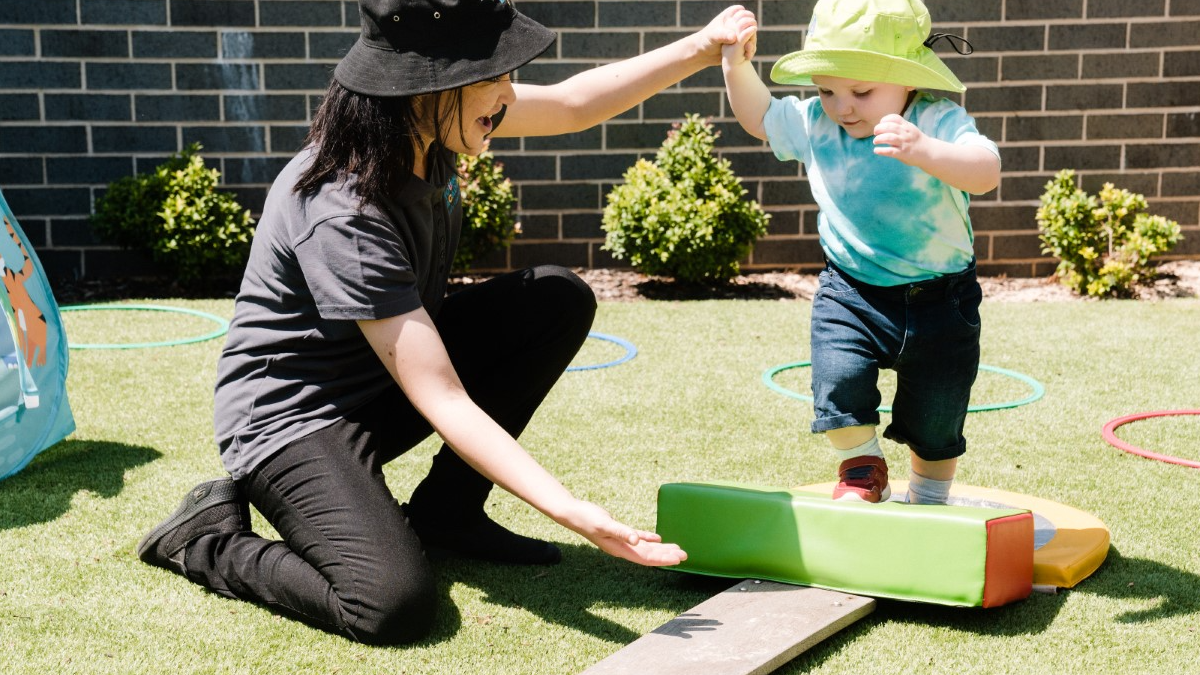
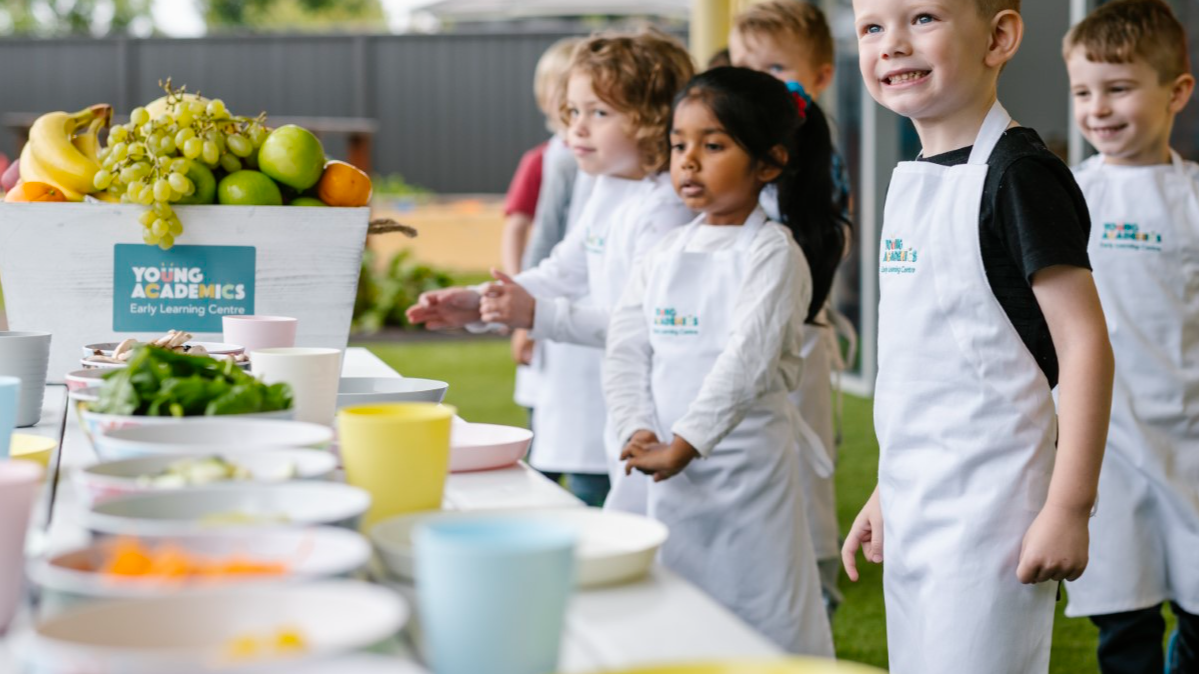
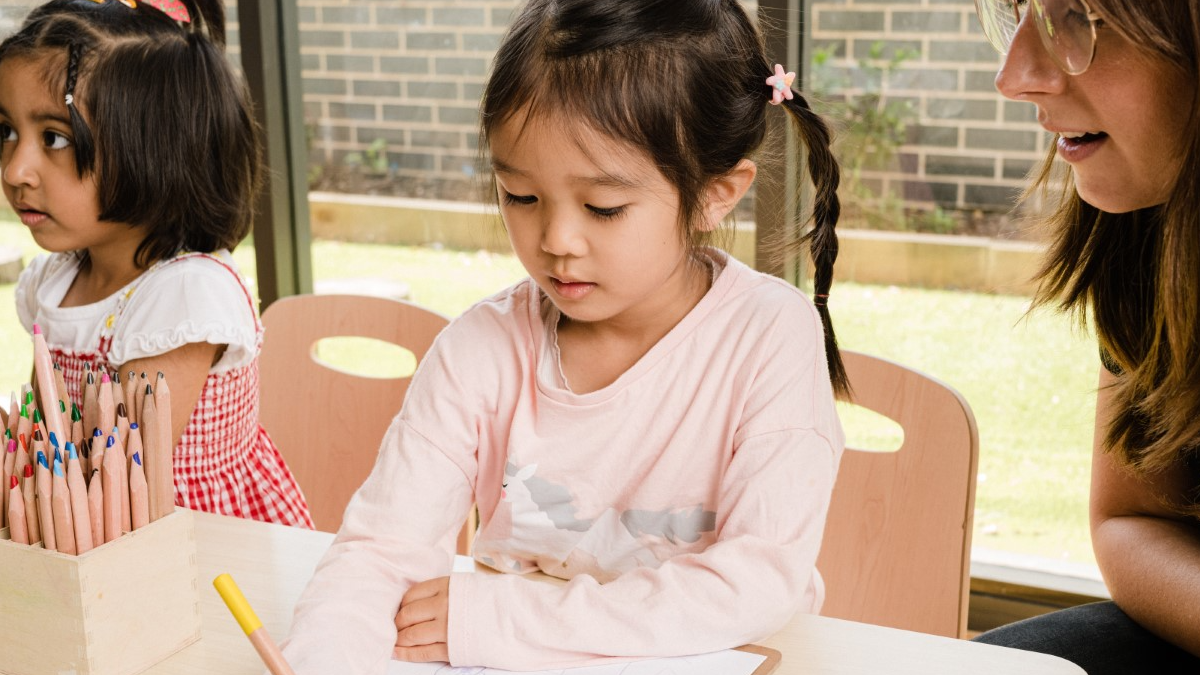



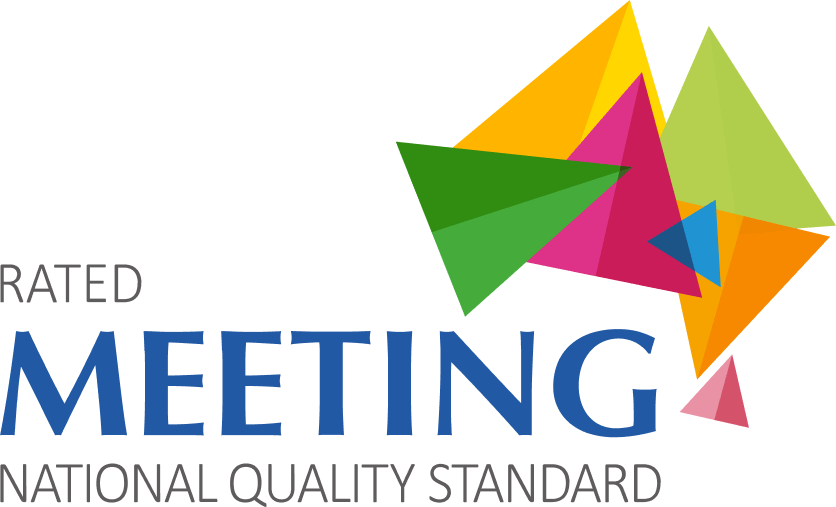
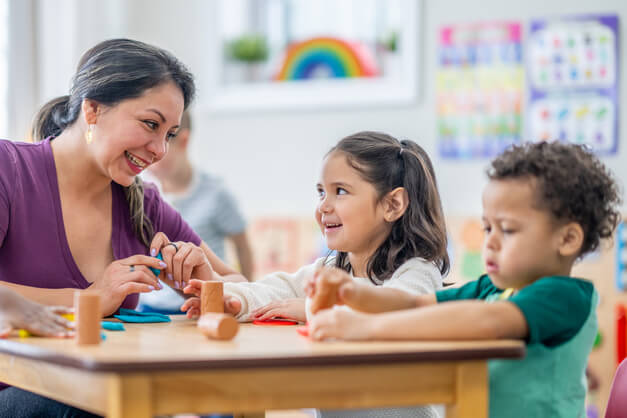




























































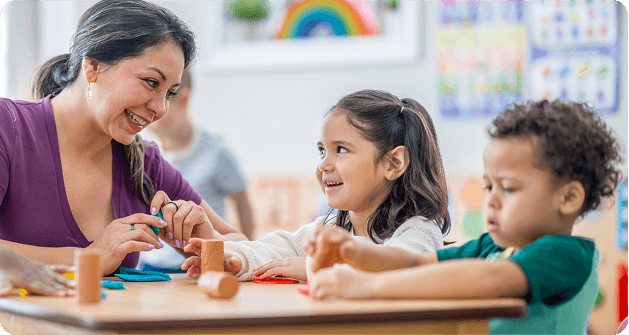

Social Post News
Social posts for this centre will appear here once they're available.
Can not get post detail